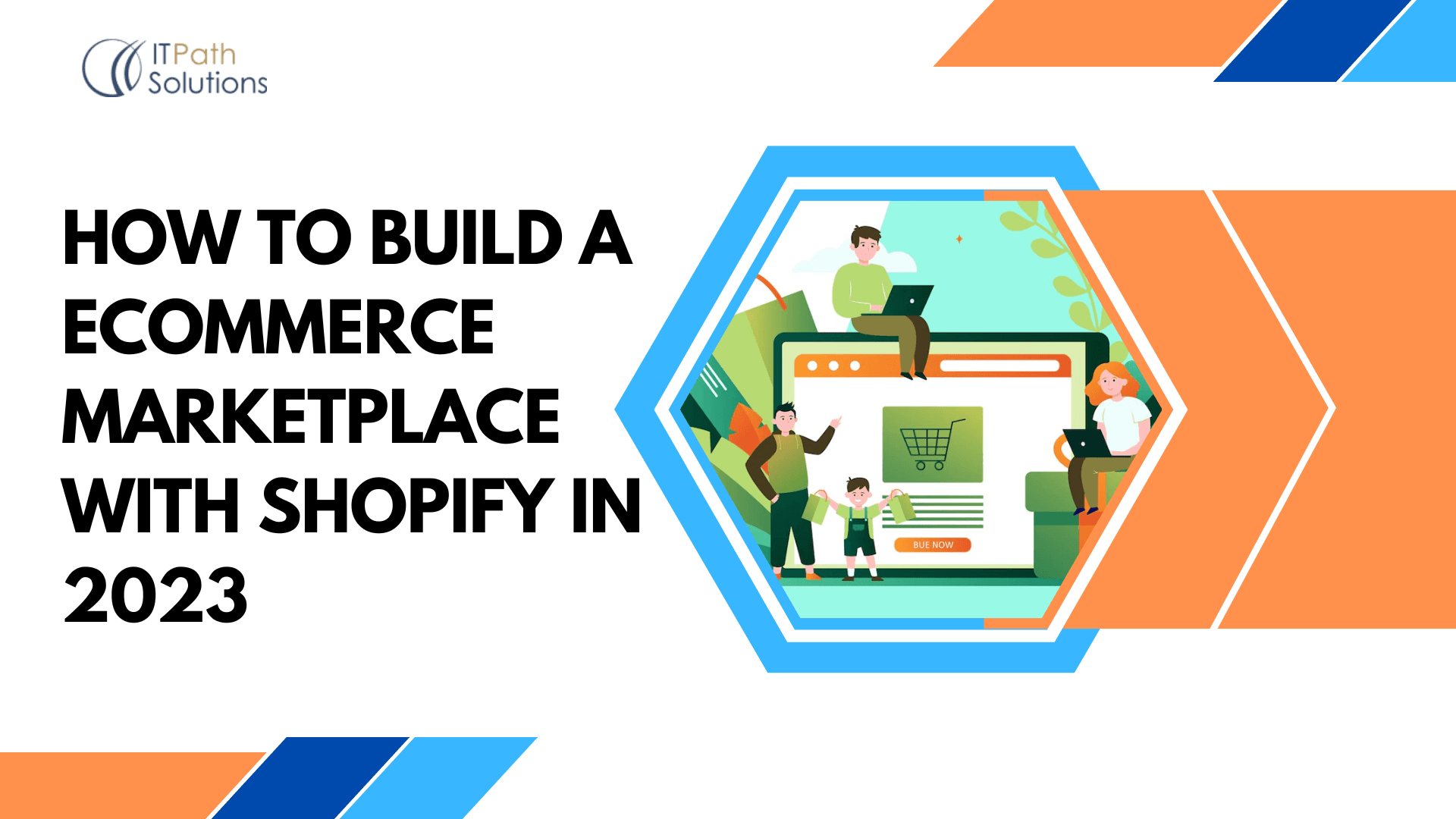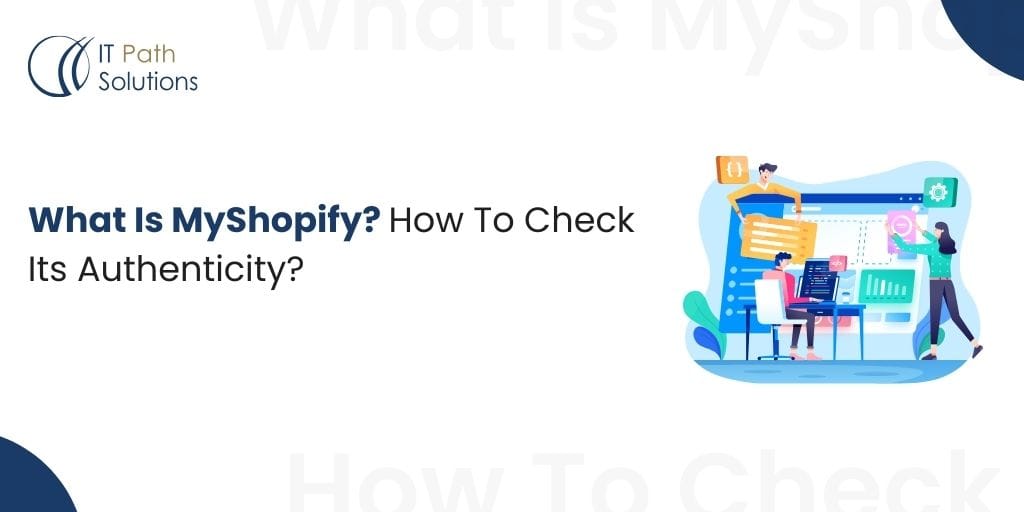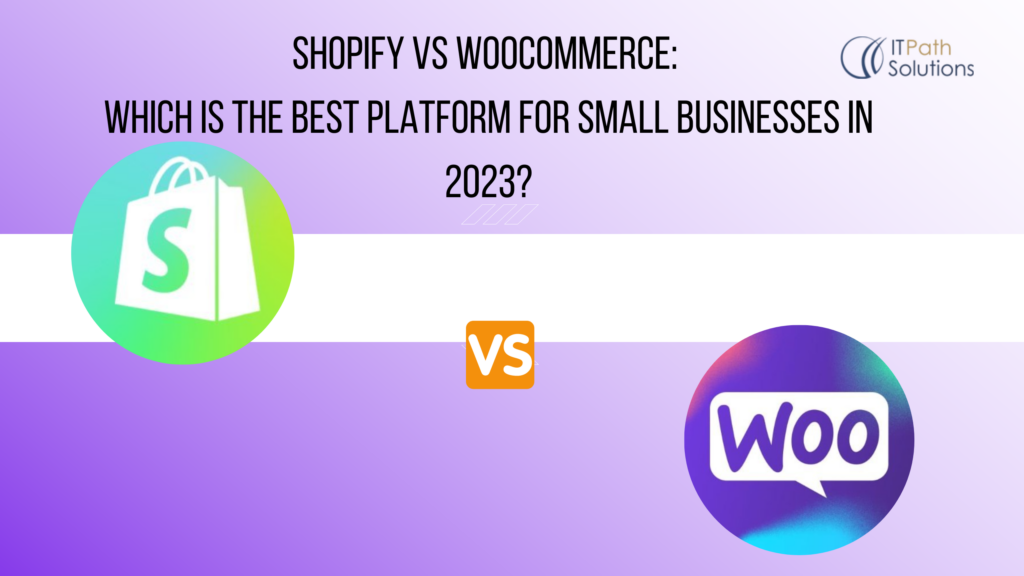How to Build eCommerce Marketplace with Shopify in 2023

Shopify Marketplace is a feature offered by the e-commerce platform that allows merchants to create and manage a marketplace within their existing online store. It allows multiple vendors to sell their products on a single platform, and provides various amazing features such as order management, fulfillment, push notification, subscription and payments processing. This feature is designed to help merchants increase sales and reach a wider audience by allowing other sellers to sell their products on the merchant’s website.
Why Create a Marketplace with Shopify?
Developing a marketplace with Shopify can offer several benefits for merchants, including:
Increased sales
It allows multiple vendors to sell their products on your platform, and vendors can increase the number of products available to your customers and potentially drive more sales.

Wider reach
An e-commerce marketplace helps us to attract a wider audience and bring in new customers and the best user experience to your store.
Reduced costs:
By using Shopify’s Marketplace feature, you can manage the marketplace from within your existing Shopify account, which can help reduce costs compared to building a separate marketplace platform.
Streamlined operations:
Shopify’s Marketplace’s various features include tools for order management, fulfillment, and payments processing, which can help streamline operations, reduce the workload for merchants and increase user experiences.
Increased revenue
By taking a commission on each sale made on the marketplace, merchants can increase their revenue. Thus creating a marketplace can give us many opportunities to increase revenue.
Access to new audiences and vendors
With a marketplace, merchants can attract new vendors and their customers to their platform, providing a new audience and revenue stream. Merchants can offer discount coupons and newsletter to attract new customers on their single platforms.
The Key Features of a Shopify Marketplace Development
Manage Vendor
A Shopify marketplace should allow multiple vendors to create and manage their individual storefronts within the platform. Each vendor can have their own products, pricing, and branding.
Manage Order
With this feature, vendors can easily manage their own orders and fulfill them, while merchants can view and manage all orders on the marketplace. Efficient order processing and tracking for vendors, including the ability to fulfill orders, print shipping labels, and handle returns.
Fulfillment
Vendors can fulfill orders directly to customers, or merchants can handle the fulfillment process.
Payments Processing
Shopify’s built-in payments system, so vendors can receive payouts directly to their bank account.
Product Listing
This feature allows vendors to list their products on the marketplace, with options for managing product variants, pricing, and inventory.
Multi-language support
Shopify supports multiple languages and currencies, so merchants can expand their marketplace to international customers and increase sales.
Customizable storefront
Using this feature, vendors can create their own customizable storefront to attract customers, and they can showcase their products and branding.
Tax and shipping management
Shopify’s marketplace feature includes tools for managing taxes and shipping rates, which can help streamline the checkout process for customers.
Reports and analytics
Shopify’s marketplace offers reports and analytics features that can help merchants and vendors track sales, customer demographics, and other important metrics.
Mobile-friendly
Shopify marketplace is mobile-friendly and optimized for mobile devices, making it easy for customers to shop and browse products on the go.
Vendor Reviews and Ratings
Customer feedback and rating systems for vendors, helping shoppers make informed decisions and maintain vendor quality standards.
Product Search and Filters
Advanced search and filtering options for customers to easily find products, including categories, tags, attributes, and sorting options.
Responsive Design
A mobile-friendly and responsive design to ensure a seamless shopping experience on various devices and screen sizes.
Customizable Storefronts
Vendors should have the ability to customize the look and feel of their storefronts, including branding, banners, and layout.
Marketing and Promotion Tools
Built-in tools for vendors to run promotions, offer discounts, and manage their marketing efforts to attract more customers.
Analytics and Reporting
Comprehensive analytics and reporting features for vendors and marketplace operators to track sales, performance, and customer behavior.
Customer Support and Dispute Resolution
Customer support features to handle inquiries and disputes, with mechanisms for resolving conflicts between vendors and customers.
SEO-Friendly
SEO optimization to improve the visibility of vendor products and the marketplace in search engine results.
How to Build a Competitive Marketplace
Building a competitive marketplace involves several steps and considerations, such as:
Identify your target market
First, you need to understand who your target customers are, what they need, and what they are looking for in the marketplace.
Research your competition
Analyze your competitors’ strengths and weaknesses, and find ways to differentiate your marketplace and offer something unique.

Develop a clear value proposition
Clearly communicate the value that your marketplace offers to customers and vendors, and make sure it aligns with your target market and differentiates you from your competition.
Build a strong vendor network
Attract a diverse range of high-quality vendors to your marketplace, and provide them with the tools and support they need to be successful.
Create a user-friendly platform
Make sure your marketplace is easy to navigate, search, and use, with a clean and responsive design. Moreover, you can create a custom and user-friendly marketplace by hiring Shopify developers.
Optimize for SEO
Optimized optimal SEO practices to ensure that your marketplace is easily discoverable by customers through search engines.
Develop a marketing strategy
Develop an effective marketing strategy that includes advertising, content marketing, email marketing, and social media.
Invest in customer support
Provide excellent customer support to ensure that customers have a positive experience and are more likely to return.
Constantly improve
Continuously gather feedback, analyze data and make improvements to your marketplace based on customer and vendor needs.
Be flexible
Be open to changes, listen to your customers and vendors, and be willing to adapt to meet their needs and stay competitive in the market.
Build a Successful Shopify marketplace with IT Path Solutions
Developing a Marketplace with Shopify is a profitable business idea that offers great tools to launch your marketplace swiftly. We are a leading Shopify Web development company, working with startups and large enterprises. We have expert Shopify developers that create customizable Shopify e-commerce marketplace, including various features such as customizing them, integrating with third-party apps, developing any custom functionality, and many more. We provide ongoing support and maintenance to ensure that it is always up-to-date and running smoothly. We build headless e-commerce solutions with a customized front end. If you are looking to build a marketplace On Shopify, our e-commerce developers team is ready to support your Shopify marketplace project, so get an expert assistant today!
 Healthcare
Healthcare  Education
Education  Real Estate
Real Estate  Logistic
Logistic  Themes
Themes
 Plugins
Plugins
 Patterns
Patterns





